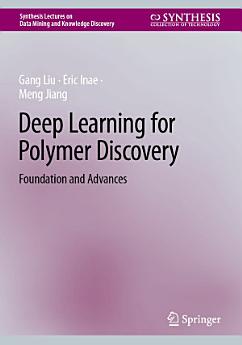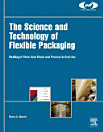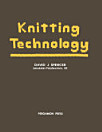Deep Learning for Polymer Discovery: Foundation and Advances
About this ebook
About the author
Gang Liu is a 4th year Ph.D. student in the Department of Computer Science and Engineering at the University of Notre Dame. His research focuses on graph and generative learning for polymeric material discovery. He has over ten publications in top data mining and machine learning venues, including KDD, NeurIPS, ICML, DAC, ACL, TKDE, and TKDD. His methods have contributed to the discovery of new polymers, with findings published in Cell Reports Physical Science and secured by a provisional patent. He receives the 2024-2025 IBM PhD Fellowship for his work on Foundation Models.
Eric Inae is a 3rd year Ph.D. student in the Department of Computer Science and Engineering at the University of Notre Dame. He received his B.S. in Computer Science and B.S in Mathematics from Andrews University in 2022. His research emphasis is in graph machine learning with applications in material discovery and polymer science. He was awarded with the Dean’s Fellowship from the University of Notre Dame.
Meng Jiang, Ph.D., is an Associate Professor in the Department of Computer Science and Engineering at the University of Notre Dame. He received his B.E. and Ph.D. from Tsinghua University. He was a visiting scholar at Carnegie Mellon University and a postdoc at the University of Illinois Urbana-Champaign. He is interested in data mining, machine learning, and natural language processing. His data science research focuses on graph and text data for applications such as material discovery, question answering, user modeling, online education, and mental healthcare. He received the CAREER Award from the National Science Foundation and is a Senior Member of ACM and IEEE.






